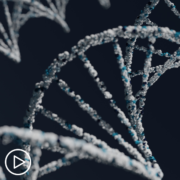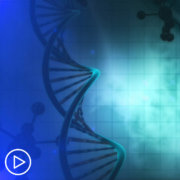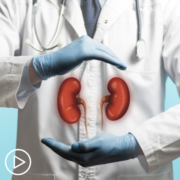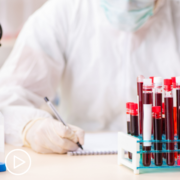AML Targeted Therapy: How Molecular Test Results Impact Treatment Options
AML Targeted Therapy: How Molecular Test Results Impact Treatment Options from Patient Empowerment Network on Vimeo.
How could the results of molecular testing affect your acute myeloid leukemia (AML) treatment choice? Dr. Sanam Loghavi explains how inhibitor therapy works to treat AML.
Dr. Sanam Loghavi is a hematopathologist and molecular pathologist at The University of Texas MD Anderson Cancer Center. Learn more about Dr. Loghavi.
Related Resources:

|

|
|
Transcript:
Katherine Banwell:
Dr. Loghavi, how do molecular test results impact the care plan and treatment choices?
Dr. Sanam Loghavi:
Sure. So, again, associated with really two major factors in the care of the patient. One is the decision of how intensely to treat the patient and whether or not the patient is a candidate for a hematopoietic stem cell transplant. And then the other is the availability of targeted therapies to those patients.
So, there are now several molecular alterations that make the disease amenable to treatment with targeted therapies, including mutations in FLT3, which is a name of a gene, mutations in IDH1, IDH1 or IDH2. And again, depending on the change, the patients may receive targeted therapy.
Katherine Banwell:
Dr. Loghavi, you mentioned inhibitor therapy. What is this treatment, and how does it work?
Dr. Sanam Loghavi:
Sure. So, again, it depends on the medication and it depends on the molecular change.
But essentially what happens when you have a mutation in a gene the normal function of that gene is impaired and a lot of the times that’s why you develop leukemia is because of the impairment of that normal function. So, usually what targeted therapies do, if that mutation is causing an apparent activation of let’s say a signaling molecule, then those targeted therapies will block that signaling. Or if it’s a deregulation of an epigenetic – and epigenetic means beyond genetic, so epigenetic factor, then the goal of that targeted therapy is to maintain that normal function or restore that normal function.











